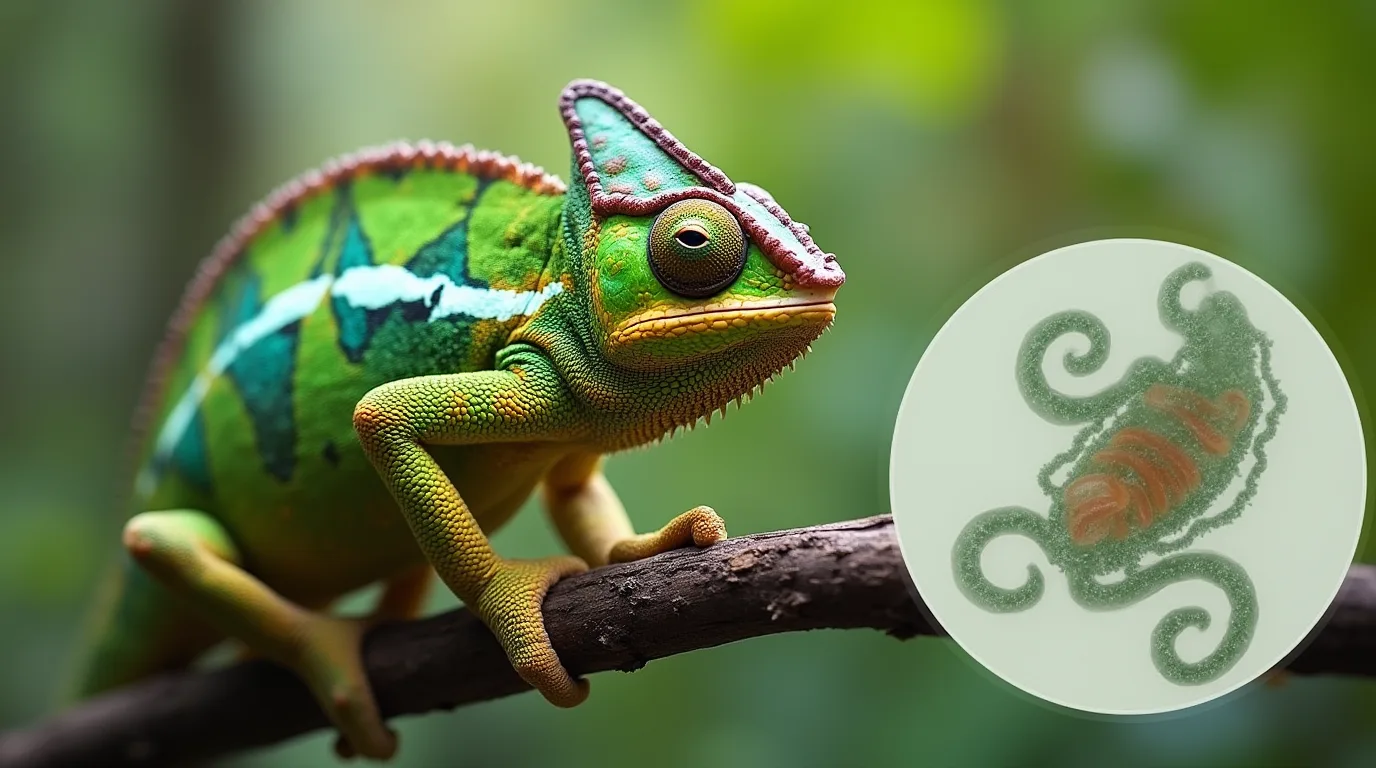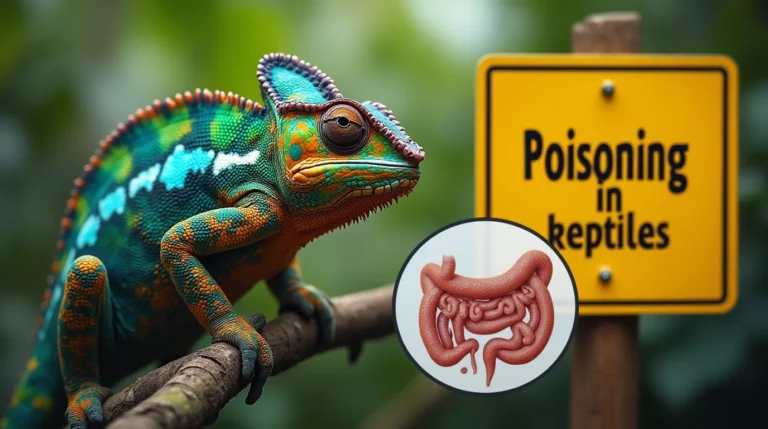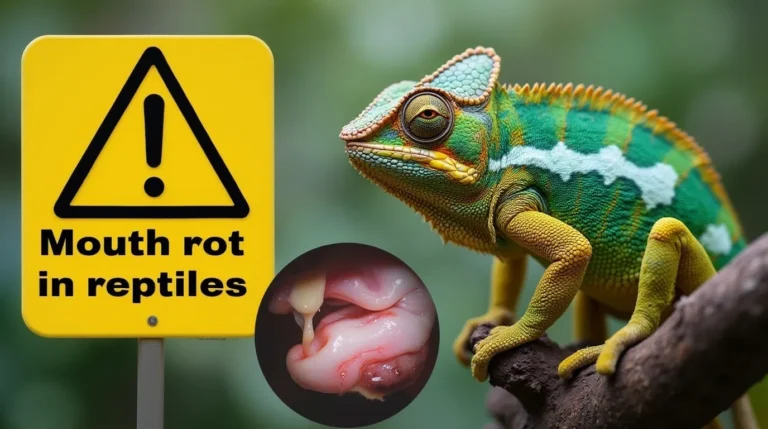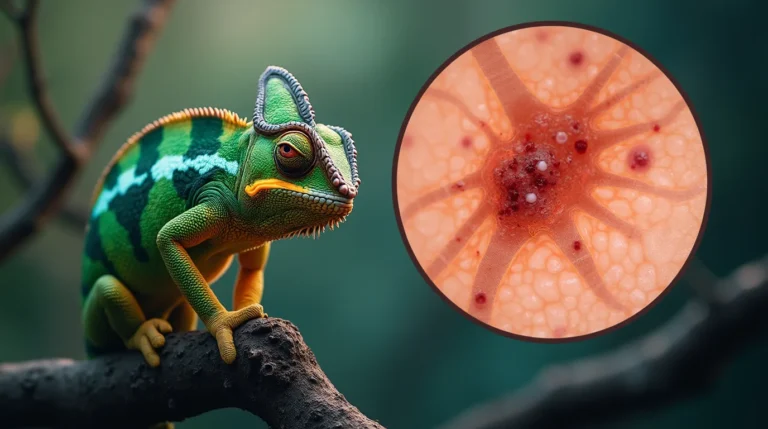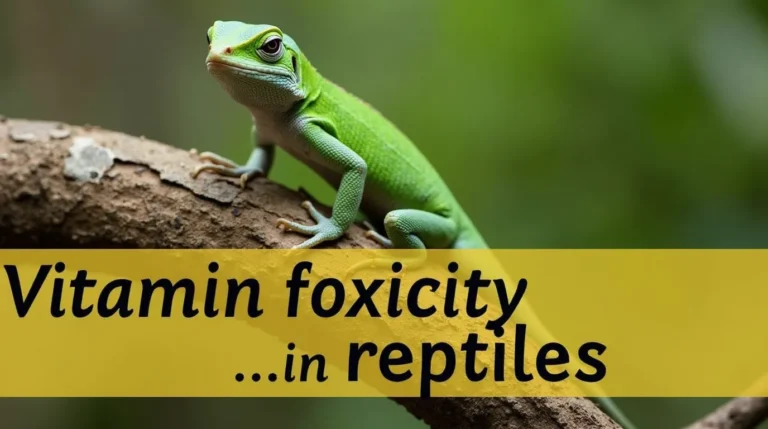Discover critical signs of intestinal worms in reptiles, understand their impact, and learn effective treatment strategies to protect your scaly companion’s health.
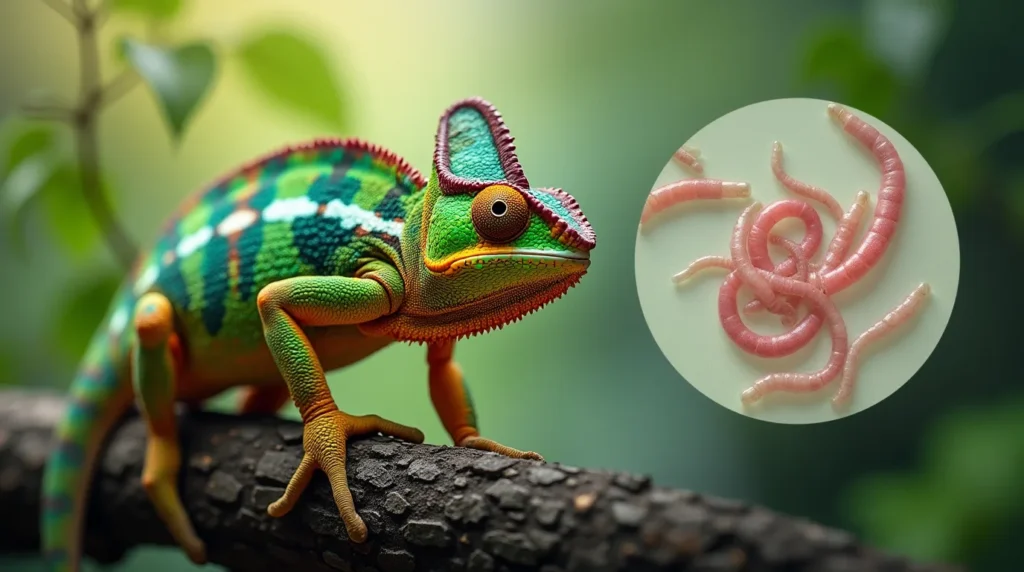
Table of Contents
Intestinal worms in reptiles are a serious health concern that can compromise the well-being of your beloved exotic pet. These microscopic parasites can silently invade your reptile’s digestive system, causing significant health complications if left untreated. As responsible reptile owners and caregivers, understanding the symptoms, prevention, and treatment of intestinal worms is crucial for maintaining your pet’s optimal health.
Understanding Intestinal Worms in Reptiles
What Are Intestinal Worms?
Intestinal worms are parasitic organisms that inhabit the digestive tract of reptiles, feeding on nutrients and potentially causing severe health issues. These parasites can include:
- Roundworms
- Tapeworms
- Hookworms
- Pinworms
Common Sources of Intestinal Worm Infections
Reptiles can contract intestinal worms through various mechanisms:
- Contaminated Food Sources
- Infected prey animals
- Unclean feeding practices
- Wild-caught insects or rodents
- Environmental Contamination
- Unsterile habitat conditions
- Contact with infected reptiles
- Poor substrate management
- Compromised Immune Systems
- Stress
- Malnutrition
- Underlying health conditions
5 Critical Symptoms of Intestinal Worms in Reptiles
1. Unexpected Weight Loss
Intestinal worms can cause significant nutritional disruption, leading to:
- Rapid weight loss
- Visible muscle deterioration
- Reduced appetite
2. Abnormal Fecal Characteristics
Warning signs in reptile feces include:
- Presence of visible worm segments
- Mucus or blood in stool
- Inconsistent or unusual stool texture
3. Lethargy and Reduced Activity
Parasitic infections often manifest through:
- Decreased movement
- Prolonged periods of inactivity
- Lack of typical behavioral responses
4. Distended or Swollen Abdomen
Physical indicators of potential worm infestation:
- Visibly bloated stomach area
- Unusual body shape
- Potential discomfort when touched
5. Compromised Skin and Scale Condition
Intestinal worm infections can impact external appearance:
- Dull scale coloration
- Dry or flaking skin
- Reduced overall body condition
Diagnostic Procedures
Veterinary Examination
A comprehensive diagnostic approach includes:
- Fecal microscopic analysis
- Complete physical examination
- Potential blood work
- Detailed medical history review
Diagnostic Testing Methods
- Fecal Flotation Test
- Direct Smear Examination
- Advanced Parasitological Screening
Treatment Strategies
Veterinary-Prescribed Deworming Medications
- Specific antiparasitic medications
- Targeted treatment based on worm type
- Precise dosage calculations
Comprehensive Treatment Protocol
- Initial medical intervention
- Follow-up examinations
- Habitat sterilization
- Nutritional support
Prevention Techniques
Habitat Management
- Regular cleaning and disinfection
- Proper substrate replacement
- Controlled humidity levels
Nutritional Considerations
- High-quality, regulated diet
- Quarantine new animals
- Regular health monitoring
Recommended Pet Products on Amazon
- Reptile Habitat Disinfectant Spray
- Specialized Reptile Nutrition Supplements
- Precision Digital Reptile Scale
- Comprehensive Reptile Health Monitoring Kit
Intestinal Worms in Reptiles (FAQ)
How often should I have my reptile tested for worms?
Veterinarians recommend bi-annual fecal examinations for most reptile species.
Can humans contract intestinal worms from reptiles?
Some parasites can be zoonotic, necessitating proper hygiene and handling practices.
Are certain reptile species more susceptible to worm infections?
Factors like habitat, diet, and individual immune response influence susceptibility.
Conclusion
Understanding and addressing intestinal worms in reptiles requires vigilance, knowledge, and proactive healthcare. By recognizing symptoms early, seeking professional veterinary guidance, and maintaining optimal habitat conditions, you can protect your reptilian companion’s health and well-being.
Share Your Experience: Have you dealt with intestinal worms in your reptile? Leave a comment below and help fellow reptile enthusiasts learn from your experience!
Explore More Expert Pet Care Tips at BlithePet

